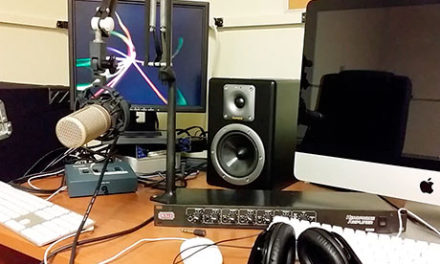Tiny Houses has been part of a movement to help afford housing in Dover, DE for 2 years. It has been searching for locations to build these Tiny Houses, but it’s difficult when you have to consider other aspects as well.
“Its more of a lack of knowledge and a lack of understanding who these folks are”, said Sue Harris, co-founder of the Tiny Houses.”Discrimination against poor people is really what it basically is”.
People tend to not understand exactly why Tiny Houses are being built around their house and community. They may find it as a disturbance living beside or near a Tiny House knowing someone that’s poor or financially low lives there. That’s where people lack the knowledge and automatically discriminate them as poor people.
Tiny Houses are built once they have enough funding for the job and enough workers to help them build them. Worker’s that help build these Tiny Houses are actually homeless as well, which still can’t get done without the start of funding.
“Once things get rolling, they’re quite a bit of funding out there, especially from social services. We usually get some help from Lowes, lumber companies, and even some homeless builders. But before we can even begin to built and receive any funding, we need a location.”
Tiny Houses can be permanent or temporary home, depending on the person’s living situation.
“You may have someone coming out of a situation that younger, that’s 40 or 50 years old, and his opportunities are gonna be different than a gentleman that’s in his 70’s. So for that older gentleman, this might be his permanent situation”, said Harris.
Stable tinyhouses cost more than tinyhouses on wheels because it is not mobile. The house would have to stay in place which is why it is crucial to find a good location for a Tiny House first whether its mobile or not. Once the location is settled, what it comes down to next is the material donated to help build these Tiny Houses so these people on the streets have a roof to live under.







